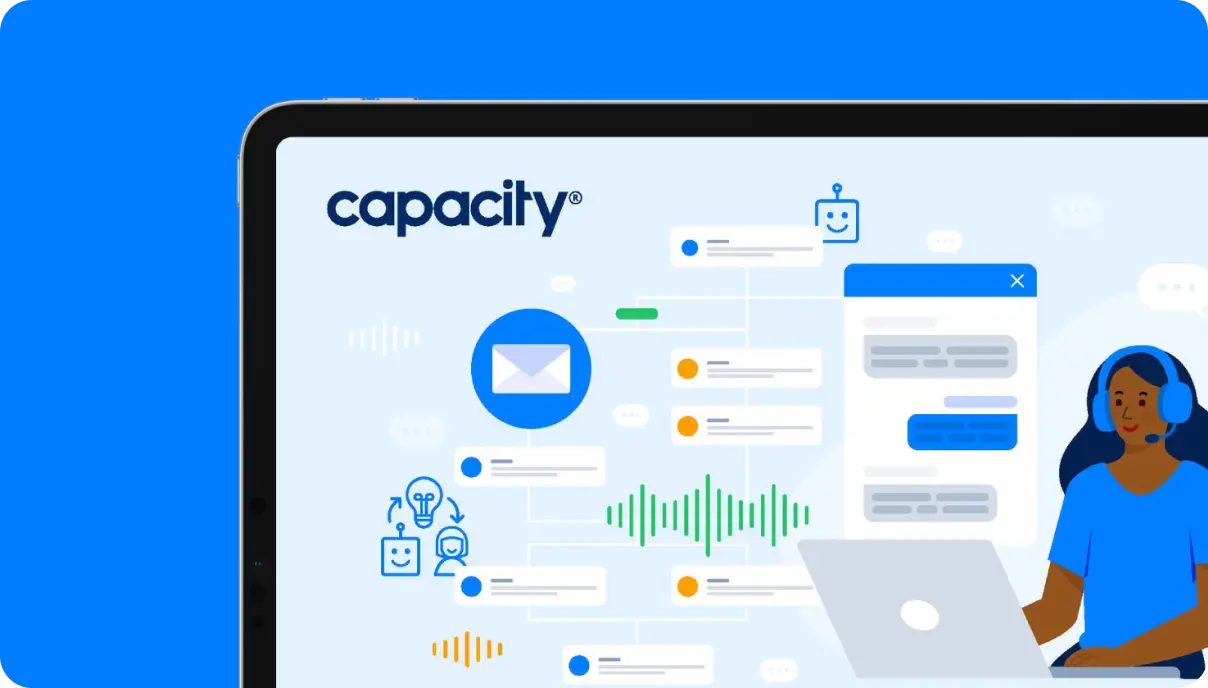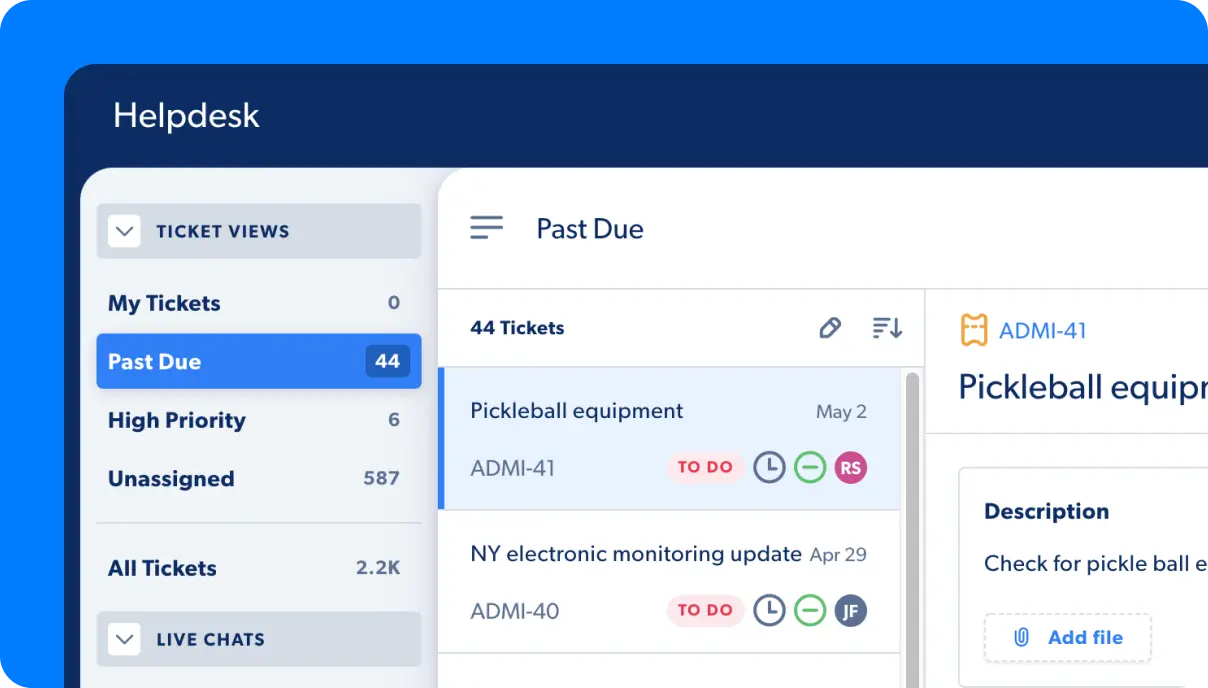New AI technologies emerge every day, and businesses are looking at these solutions for ways to enhance customer experience (CX) and streamline operations. A powerful tool that can significantly boost offerings is Natural Language Processing (NLP). But what is NLP, and how does it improve CX? This blog will introduce you to NLP, its functionalities, and how it revolutionizes customer support.
What is NLP?
NLP is artificial intelligence (AI) that analyzes and understands human phrasing and intent. It can both interpret and generate human language, making it possible for machines to communicate effectively with people. NLP combines computational linguistics with machine learning to process and analyze large amounts of natural language data.
How NLP Works
Text and Speech Processing
NLP systems can process both written and spoken language. For written language, NLP involves tokenization, parsing, and syntactic analysis to understand the structure and meaning of sentences. For spoken language, it incorporates Automatic Speech Recognition (ASR) to convert speech into text before processing.
Semantic Analysis
Semantic analysis involves understanding the meaning behind words and sentences. This component allows NLP systems to comprehend the context, intent, and nuances of the language, enabling them to respond appropriately.
Machine Learning
Machine learning algorithms play a crucial role in NLP by allowing models to learn from large datasets. These algorithms help in classifying text, predicting user intent, and generating coherent responses. Over time, the models improve as they are exposed to more data and varied linguistic patterns.
Benefits of NLP in Customer Support
Implementing NLP in customer support brings numerous benefits that enhance both operational efficiency and customer satisfaction.
1. Improved Customer Engagement
Personalization
NLP enables personalized customer interactions by understanding and responding to individual customer queries. This personalization can include addressing customers by their names, remembering past interactions, and tailoring responses based on the customer’s history. Over half of customers want a personalized, AI-driven experience!
Contextual Understanding
NLP systems can analyze the context of a conversation to provide more accurate and relevant responses. For example, if a customer asks about the status of their order, the system can understand that the customer is seeking information on a recent purchase and provide specific details accordingly.
2. Efficiency and Productivity
Automated Responses
One of the significant advantages of NLP is its ability to automate routine tasks. Chatbots and virtual assistants powered by NLP can handle frequently asked questions, process orders, and provide basic support, freeing up human agents to focus on more complex issues. This automation leads to faster response times and reduces the workload on support teams.
Real-Time Assistance
NLP-driven systems can provide real-time assistance to customer support agents during interactions. By suggesting relevant solutions and responses based on the customer’s query, NLP helps agents resolve issues more efficiently. This real-time guidance improves the quality and speed of customer support.
3. Enhanced Customer Experience
Sentiment Analysis
NLP can analyze the sentiment behind customer messages, identifying whether the customer is happy, frustrated, or angry. This insight allows support agents to adjust their approach and provide empathetic responses, improving the overall customer experience.
Multilingual Support
NLP systems are capable of understanding and processing multiple languages, making it easier for businesses to offer support to a global customer base. This capability ensures that language barriers do not hinder customer support interactions, enhancing the inclusivity of customer service.
4. Data-Driven Insights
Comprehensive Analytics
NLP-driven tools can analyze customer interactions to provide valuable insights into common issues and customer preferences. Businesses can use these insights to identify areas for improvement, refine their support strategies, and proactively address recurring problems.
Quality Monitoring
By transcribing and analyzing customer interactions, NLP systems enable better quality monitoring and compliance checks. This ensures that customer support teams adhere to best practices and maintain high standards of service.
Choosing the Right NLP Solution
When selecting an NLP solution for your business, consider the following factors:
Accuracy: Ensure that the NLP system has a high accuracy rate in understanding and processing natural language.
Integration: Look for NLP solutions that can seamlessly integrate with your existing customer support infrastructure, such as CRM systems and support platforms.
Customization: Choose a solution that allows for customization to fit your specific business needs and customer base.
Training and Support
Provide comprehensive training for your support agents to familiarize them with the NLP system. Continuous support and updates will ensure that they can leverage the technology effectively to enhance customer interactions.
Monitoring and Optimization
Regularly monitor the performance of your NLP system and gather feedback from both agents and customers. Use this information to optimize the system, improve its accuracy, and ensure it continues to meet your business needs.
Conclusion
So, what is NLP? It is a powerful AI-driven technology that transforms how businesses interact with their customers. By enabling personalized, efficient, and accurate responses, NLP significantly enhances CX and operational efficiency.
Implementing NLP in your customer support strategy not only addresses current needs but also positions your business for future growth and success. As technology evolves, staying ahead with advanced tools like NLP will be crucial in delivering exceptional customer service and maintaining a competitive edge.














































